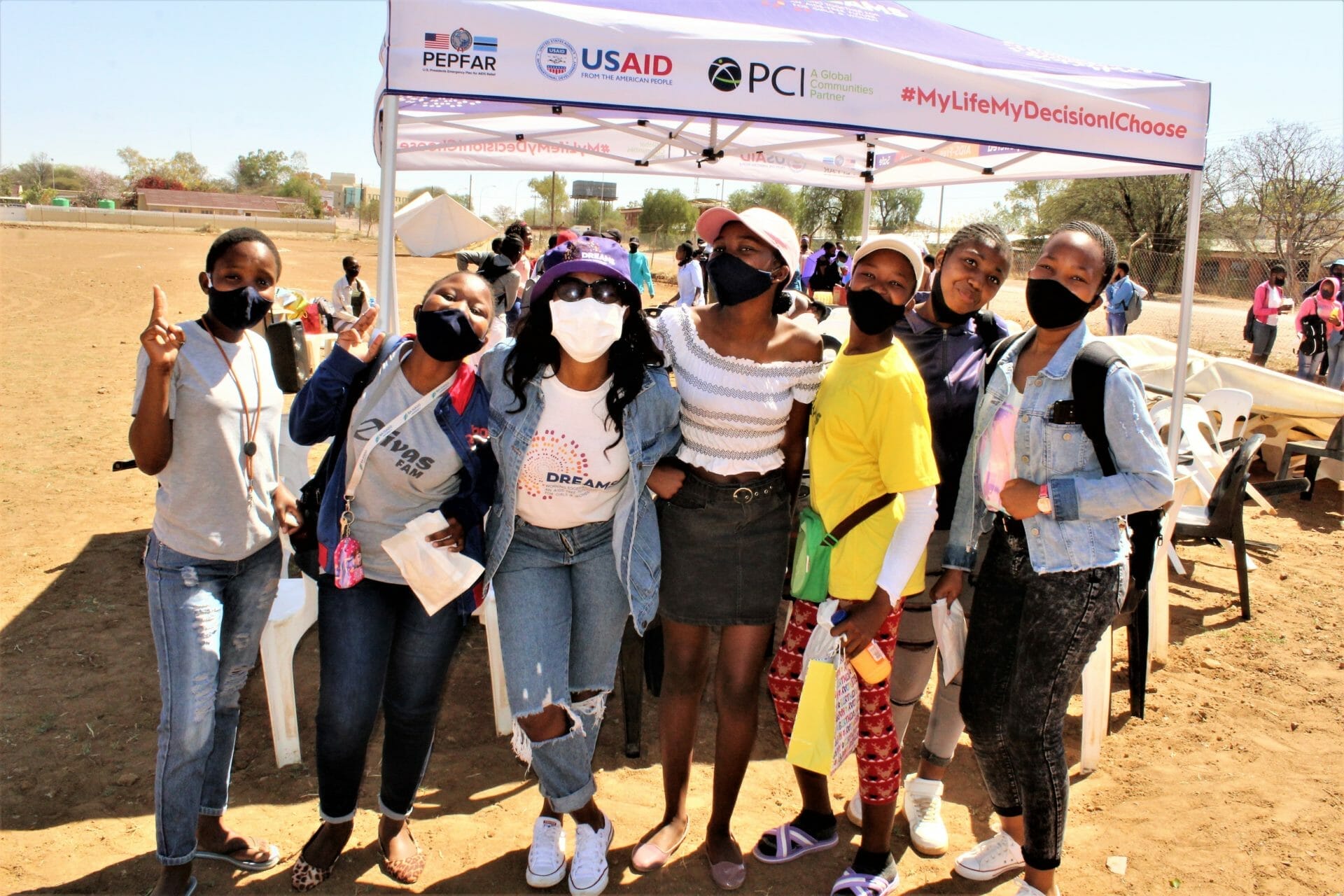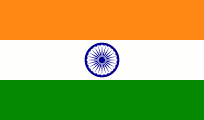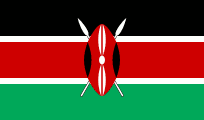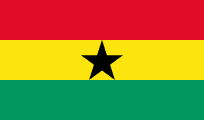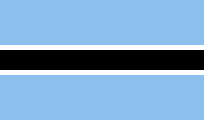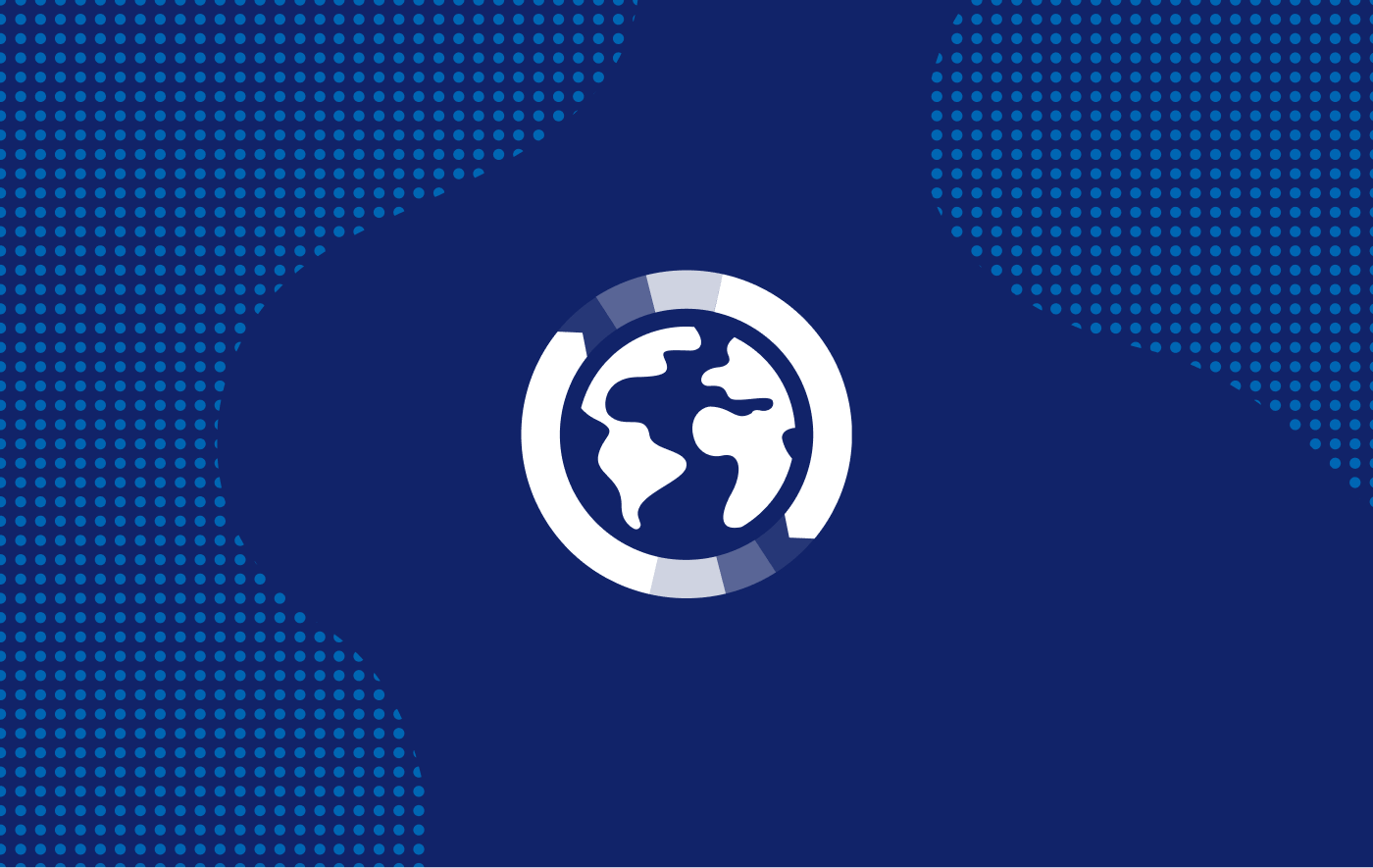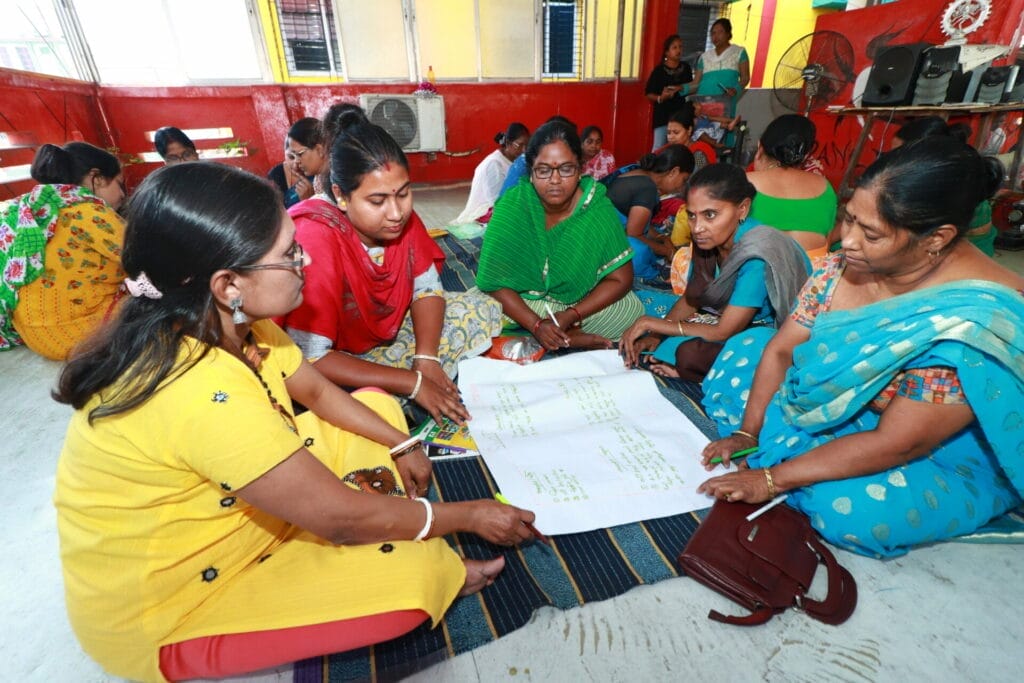Adolescence offers a second window of opportunity to positively influence the path of physical, psychosocial and emotional development. We are committed to working with governments, local partners, civil society and most importantly, young people, to provide essential quality services coupled with protective environments that adolescents need to stay healthy and safe throughout their lifetime. We manage programs that reduce the rates of HIV among adolescent girls, provide psychosocial support for youth in conflict-affected regions and support youth in continuing their education so that they reach their fullest potential.
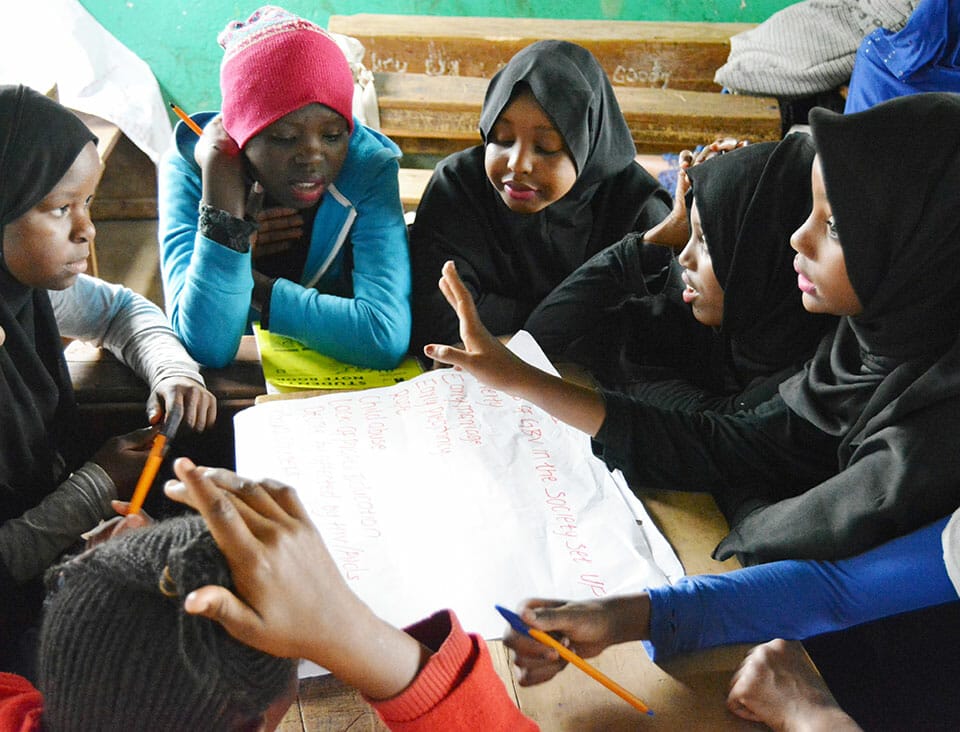
Reducing the Prevalence of HIV among Adolescent Girls
In sub-Saharan Africa, girls aged 10-19 account for four in five new HIV infections. Our programs aim to reduce new HIV infections among adolescent girls and young women by promoting positive sexual health behaviors, increasing access to sexual and reproductive health services and creating an enabling environment where they can make positive life choices. Programming blends customized, individual support for girls and young women with efforts to strengthen education, health, social and economic systems that create positive lasting impact on at-risk adolescents.
In Kenya, Zambia, Rwanda and Botswana, Global Communities implements DREAMS, a project funded by the U.S. President’s Emergency Plan for AIDS Relief (PEPFAR) through the U.S. Agency for International Development. DREAMS stands for Determined, Resilient, Empowered, AIDS-free, Mentored and Safe and aims to reduce rates of HIV among adolescent girls and young women. The project links adolescent girls and young women with safe spaces and provides access to essential social, emotional and support services including HIV, sexual reproductive health and violence prevention education. DREAMS also engages men, boys, parents and caregivers, a critical piece to enacting sustainable, long-term change in health behaviors. These programs have reached 8,059 adolescent girls in Botswana, 15,073 in Rwanda and 22,719 in Kenya.
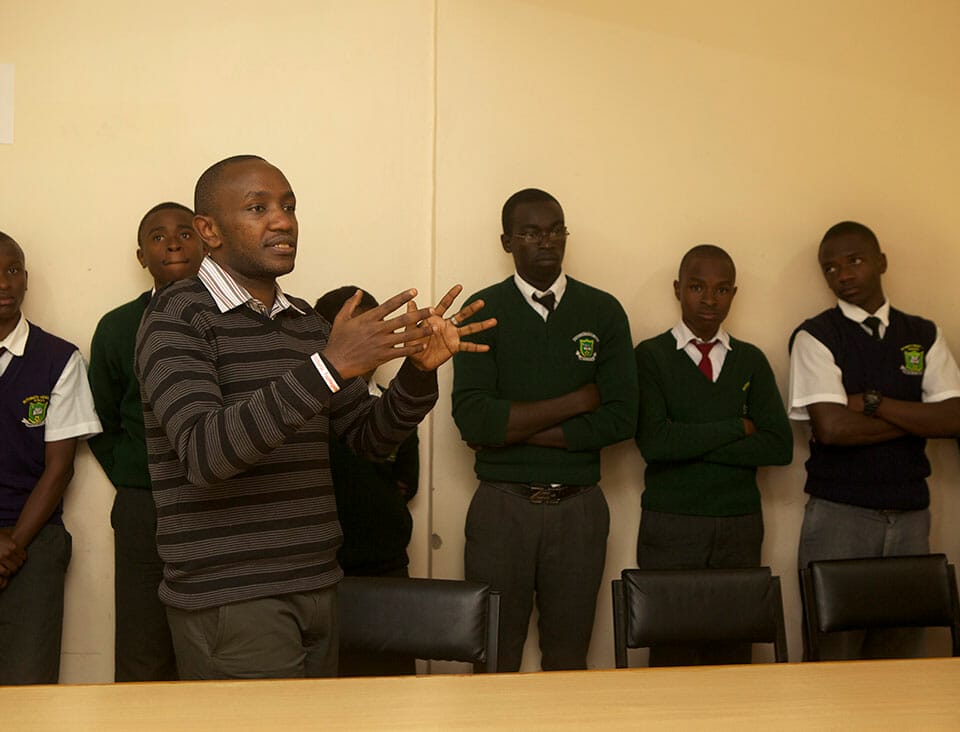
Providing Psychosocial Support for Youth in Conflict-Affected Regions
Adolescents living in crisis or conflict areas often have unmet health, educational and economic needs. They can be separated from their families, suffer physical harm or endure forced labor or participation in conflict. While youth often play a critical role in the rebuilding of regions affected by disruption and conflict, the negative impacts of their lived experiences can have a detrimental effect on their physical and emotional well-being.
In Syria, we include child protection activities, prevention and response to gender-based violence and psychosocial support into our programming to meet the complex needs of adolescents. We engage in community-based protection through a combination of safe spaces and mobile protection teams, which serve as a hub and resource for comprehensive prevention, empowerment and response services within the challenging and changing context of ongoing conflicts.
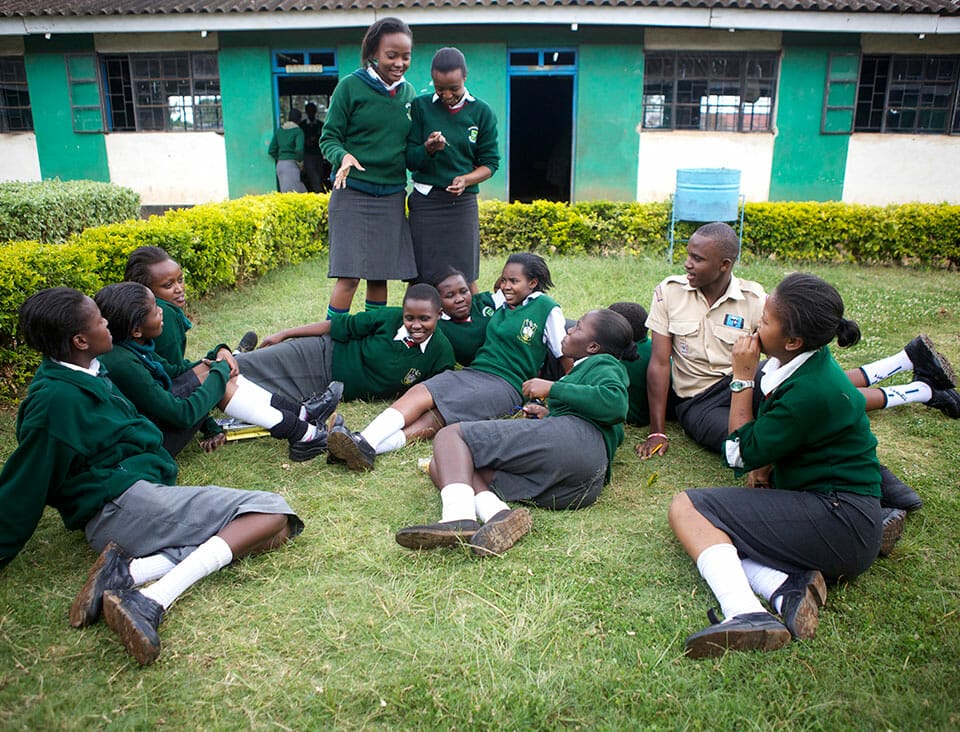
School-Based Education on Life Skills, Sexual & Reproductive Health
With two decades of experience implementing holistic school-based health and nutrition programs in Bolivia, Guatemala and Tanzania, Global Communities has created and refined its tools and approaches to strengthen the capacity of local government officials, school administrators, teachers and parents to ensure healthy and safe primary school learning environments for children to thrive. We provide capacity strengthening to administrators on safe preparation and provision of daily nutritious meals, proper hygiene and food handling and safety.
In Guatemala, we developed a guide for the implementation of school gardens, which serve not only as a source of fresh produce to improve the nutritional content of school meals, but also as a practical teaching tool, incorporating different school subjects from the basic national curriculum such as science and math. To improve the availability and access to educational materials in local languages, we have designed and produced a series of storybooks which address topics related to health, nutrition, hygiene, clean water and other topics. This storybook series is available in Spanish, Mam and Q’anjob’al, and is distributed to first, second and third grade classrooms.
Since 2016, school feeding programs led by Global Communities, previously operating as PCI, have provided over 33 million school meals for more than 200,000 students in the Mara region of Tanzania. The program has enabled vast improvements in 231 primary schools through an integrated package of interventions, including media campaigns and school health clubs to improve students’ health and nutrition practices, as well as provide evidence-based sexual and reproductive health and life skills education. The experiences and insights gained during program implementation led to the selection of Global Communities as a partner to work with the Ministry of Health School Health Division in developing and launching Tanzania’s first National School Health Promotion Guide and Manual. This guide provides the framework for schools across Tanzania to adapt and implement school meal systems to improve food security for schoolchildren.
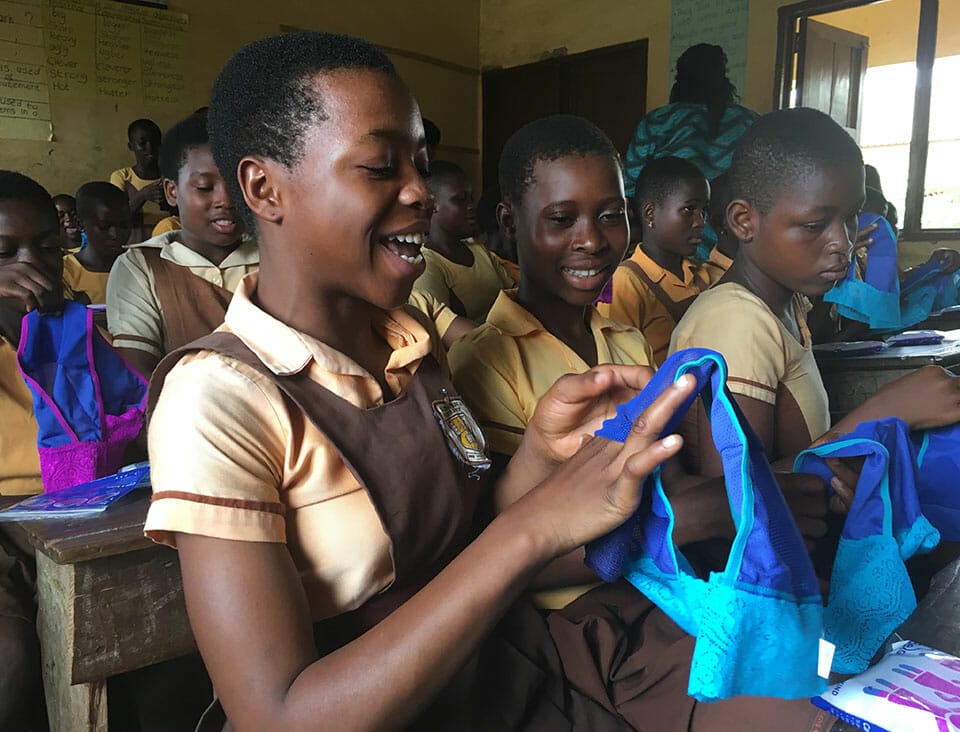
Menstrual Hygiene Management
When schools struggle with inadequate or non-existent sanitation facilities, adolescent girls are the most vulnerable. Poor facility maintenance and improper use of latrines particularly affects menstrual hygiene management, and these issues can cause embarrassment and shame for adolescent girls. We support the implementation of menstrual education methodologies and health interventions in order to keep more girls in school to pursue an education. Innovative solutions are needed to support girls’ attendance during their menstrual cycle, which is why we include boys in our menstrual hygiene management education programming.
In Ghana, we partnered with Be Girl, a mission-driven U.S.-based social enterprise that creates innovative, reusable menstrual protection products and age-appropriate menstrual education methodologies to explore the effects of menstrual health and hygiene interventions for girls in urban and rural Ghanaian communities. In the DREAMS program in Kenya, Global Communities partnered with Be Girl and other private sector organizations to provide girls with sanitary towels. Menstruation hygiene education was also integrated within the health and social asset building information that the adolescent girls and young women received within safe space groups.
TESTIMONIAL
The intervention has really changed my life. I no longer skip school during my period. I am now motivated to study hard to become a nurse in future, as has been my dream.
- Lucy, student at Abunyanya District Assembly Junior High School
Violence Prevention Among Adolescents and Young Women
Sexual violence is among the leading underlying pathways for HIV infection among adolescent girls and young women. To this end, we implement context-specific and age-appropriate violence prevention interventions for both in and out of school adolescents, including young women and boys, through our DREAMS programming. We also work to strengthen health and other social systems and build the capacity of protection structures that support adolescents to improve response to threats, active violence case management and the delivery of responsive violence prevention and management services.
Our Approach
Grounded in positive youth development, our programs are tailored to meet the unique developmental needs of young people so they can reach their full potential. Our programs take a strengths-based approach, building individual assets and agency while working with families and communities to strengthen the enabling environment for young people to learn, grow and contribute. Our programs aim for young people to be empowered to act as agents of their own change, set their own goals and act without fear of violence, retribution or exploitation.
9,726
adolescents provided with comprehensive HIV prevention and 18,197 orphans and vulnerable children provided with support to improve their health and well-being, further strengthening the HIV continuum of care
261,586
children under 14 years old reached with health prevention, referral, treatment messages and services
123
girls and boys who completed Project ROOTS, a prevention education project designed to instill empathy and empower youth to achieve equality
Our work in this area reaches:
Resources
Research & Publications
Testing Outcomes of HIV-Exposed Infants (HEI) in Botswana
This poster, presented in 2024 at the 25th International AIDS Conference by Global Communities, showcases the results of a study on early infant diagnosis in Botswana. Main finding. Testing rates for HEI are high in Botswana and the uptake of testing is growing; however, mothers do not fully comprehend the HEI testing protocols. Key takeaway.…
Briefs & Case Studies
Special Study on Migration for the MCGOVERN-United States Program
Unidos is a project funded by the United States Department of Agriculture (USDA) McGovern-Dole International Food for Education and Child Nutrition Program that aims to improve school-age children’s literacy, increase the use of health and nutrition practices, and improve the effectiveness of food assistance through local and regional purchases. Global Communities with sub-recipient Save the…
Briefs & Case Studies
Improving School Attendance and Positive Feelings about Menstruation for Girls in Ghana through a Holistic Menstrual Health and Hygiene Management Approach
Global Communities is pleased to share a new research and learning brief “Improving School Attendance and Positive Feelings about Menstruation for Girls in Ghana through a Holistic Menstrual Health and Hygiene Management Approach.” The brief is based on findings from a 6 month pilot project and survey conducted by the Ghana WASH 4 Health Program, with technical support from…
Digital Media
Video: Empowering Vulnerable Girls and Young Women in Kenya
In Kenya, Global Communities is implementing the President’s Emergency Plan For AIDS Relief (PEPFAR) DREAMS initaitive, which aims to help adolescent girls and young women lead Determined, Resilient, Empowered, AIDS-free, Mentored and Safe lives. Below is a video on the impact of a public private partnership between the DREAMS program and Kenya Commercial Bank’s (KCB)…
Digital Media
Critical Health Services for Young Women and Girls: Photo Essay
Critical Health and Social Services for Women and Girls in Kenya by Global Communities on Exposure

